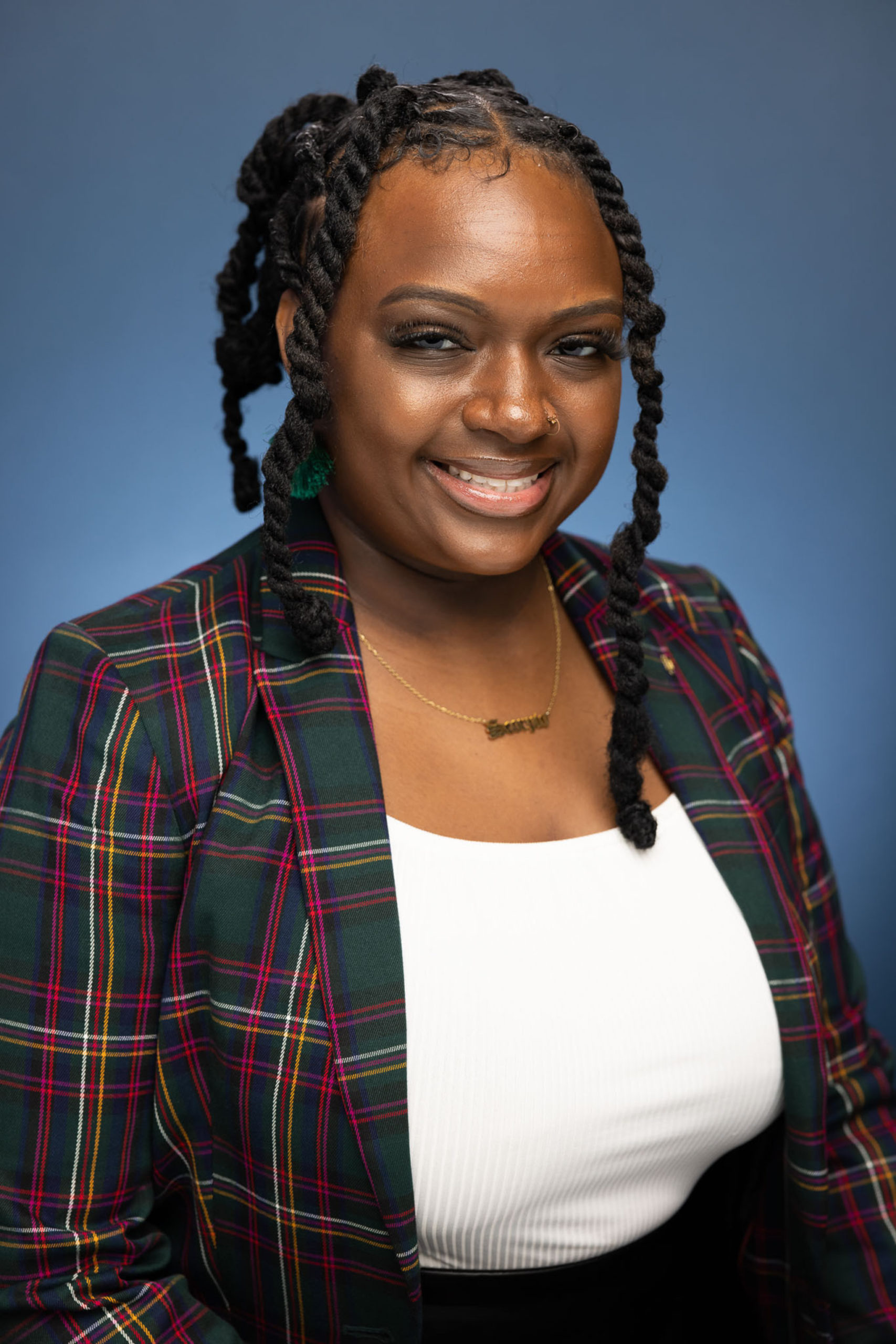When it comes to scaling and growing Black-owned businesses, Richelieu Dennis is the man with the master plan.
He played a pivotal role in spearheading the largest consumer products transaction between a majority Black-owned company during his negotiation of the acquisition by Unilever of the company he co-founded, Sundial Brands.
Moving On Up
Although deals like this are often historic, they are met with disdain from the Black community, which fears the company will lose its value to the culture. Dennis broke down his thoughts on the reasons behind the backlash and why some members of the community may think these Black owners are selling out.
“There’s a few reasons,” he told AfroTech. “One, it is not something that happens frequently, and often in our community…[it’s not] where people can get an understanding or appreciation or have the right track records to look at. So, historically, there’s been these things that have happened in our community that have led to different levels of trust and mistrust.”
The Response From The Community
Furthermore, Dennis admits that although people’s responses are warranted due to past behaviors and incidents, there is new hope from Black entrepreneurs rising up with a culture-first mindset to prevent things like this from happening in the future.
“Obviously, our community is concerned when businesses and brands that are built to serve them get sold, that they will see lack of understanding, lack of focus, lack of interest happening, but I will say that there’s a new breed of Black business owners and there’s a new breed of Black businesses that are emerging, and those businesses are highly conscious of the community they serve,” Dennis said. “And so I think what you’re starting to see is Black entrepreneurs develop and build businesses that are steeped in purpose, focused on the mission.”
He continued: “And they are now at the position where they can dictate to the partners that are interested to acquire them, they can dictate to them what their values are, what their purpose is. Those companies are also now looking to make acquisitions of Black-owned businesses, and they understand the importance of serving the Black community because that’s why these businesses are growing.”
Paying It Forward
As the person who led the monumental deal in which Unilever acquired Sundial Brands, the maker of Shea Moisture, for a whopping $1.6 billion, Dennis used his expertise to simultaneously launch the New Voices Fund as a part of the deal.
The program, which was created with entrepreneurial women of color in mind, has continued to invest in Black women founders who may be experiencing challenges such as access to capital, resources, relationships with retailers, and more.
One of the first brands to be a part of the New Voices Fund was Mielle Organics, the company owned by Monique Rodriguez, which was previously reported by AfroTech. The company faced backlash earlier this year following the announcement of its decision to join the Procter & Gamble family.
For Dennis, this is a part of the bigger reason for helping businesses such as Mielle to grow and scale and ultimately make the decision to take the company to the next level.
There's More Where That Came From
“We have to build our businesses, we have to create value in them, we have to unlock that value,” he said. “And we have to take that value and invest it back into our community so that other families get the same opportunities. I think, because that hasn’t happened enough, at scale for many people, our community hasn’t seen the positive impacts that this can have, they’ve only seen the negative.”
Dennis continued: “I think what we did with Sundial and what we did with Shea Moisture is the blueprint and a case study of what can happen when we start to do this… and now we’re looking to see that happen, not just with us, but now with hundreds of different companies that we’ve invested in.”
New Voices Fund
Today, New Voices continues to help Black and women of color entrepreneurs to access the capital and resources needed to thrive.
They continue to push the needle forward for Black-owned brands like The Lip Bar, Slutty Vegan, The Honey Pot, and more.
What’s more, in February 2023, the company celebrated ringing the Nasdaq Stock Market opening bell.
View this post on Instagram


